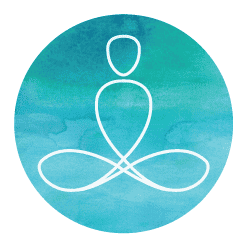Acupuncture for Women’s Health
Women’s health issues encompass a wide range of physical and emotional concerns that affect women throughout various stages of their lives.
Different issues women may experience during their lives –
- Menstrual Disorders: Conditions like irregular periods, heavy bleeding (menorrhagia), and painful periods (dysmenorrhea) can significantly impact a woman’s quality of life.
- Polycystic Ovary Syndrome (PCOS): PCOS involves hormonal imbalances that lead to irregular periods, ovarian cysts, and potential fertility issues.
- Menopause: The transition to menopause comes with various symptoms such as hot flashes, night sweats, mood swings, and changes in bone health.
- Fertility and Infertility: Challenges in conceiving can arise from various factors, including ovulation problems, hormonal imbalances, and structural issues.
- Pregnancy-Related Concerns: Women may experience discomfort during pregnancy, including morning sickness, back pain, and emotional stress.
- Postpartum Issues: After childbirth, women can face challenges like postpartum depression, hormonal imbalances, and physical recovery.
- Reproductive Disorders: Conditions like endometriosis and uterine fibroids can cause pain, heavy bleeding, and fertility difficulties.
- Breast Health: Breast-related concerns include breast pain, mastitis, and breast cancer screenings.
It’s important to note that while some studies suggest potential benefits of acupuncture for women’s health issues, more research is needed to fully understand its efficacy and mechanisms of action. Acupuncture is often used in conjunction with conventional medical treatments and should be administered by trained practitioners. If you’re considering acupuncture for any women’s health concerns, it’s advisable to consult with a healthcare professional to determine its suitability and integration with your overall healthcare plan.
Disclaimer – The act of receiving a treatment does not guarantee or imply a result, results vary from patient to patient based on that patients specific condition.
You should always consult with a qualified healthcare professional to ensure treatment options are suitable to you.
All information is from a Chinese medicine practitioner perspective.


